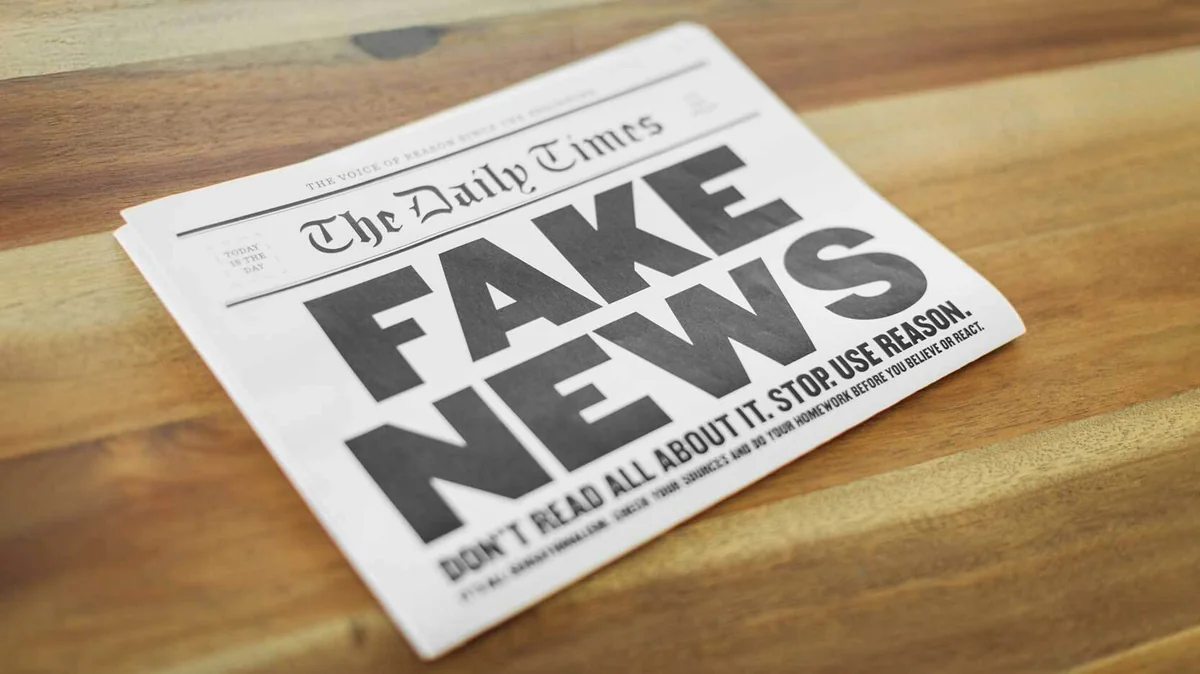Muckrakers are journalists more commonly known for working in yellow journalism for being focused on accounts of economic and social corruption. I learned from this presentation that the term "muckrakers" was originally coined by former US president, Theodore Roosevelt whichI thought was a pretty interesting fact.
I also learned that yellow journalism and normal journalism differ in how their information is presented. I'd heard of the term "yellow journalism" before from one of the previous EOTO's but I didn't't completely understand what it meant. The difference between traditional journalism and yellow journalism is that yellow journalism is loud, super bold, and the information is very stressed or untrue
The understanding of yellow journalism was very important to this presentation as muckrakers initially used yellow journalism to get their information out but later transferred to a more professional journalistic style.
This presentation also taught me a little bit about famous muckrakers and how their work influenced journalism as a whole.
Ida Tarbell was an American journalist most well-know for exposing monopolistic actions by standard oil companies. The world came to not trust oil companies very much because of her book “The History of the Standard Oil Company” exposing the truth of its unfair practices.
Another muckraker journalist, Lincoln Steffens, was most well known for writing about corrupt American governments. His publication, “Tweed Days in St. Louis,” focused on exposing big urban corporations and built his name in the journalism industry.
Upton Sinclair was prominent for writing about food conditions that lead to new food packaging laws. From his research, he found out horrible things about the food industry, causing two new laws to be instated: the Meat Inspection Act and the Pure Food and Drug Act.
Sinclair's famous book, “The Jungle,” specifically exposed the meat packing industry and how meat was being packaged very badly. I was able to connect well to this part of the presentation because I've learned about "The Jungle" in previous classes I took in high school. From what I already knew preceding the presentations, it was easy to understand that the acts passed following the publishing of Sinclair's book make complete sense. In his book, Sinclair talks about how there would be rats everywhere, leaving their feces all over the meat, and how the conditions were so dangerous that people would lose fingers or even their entire hands cutting up the meat. The most gruesome part, sometimes when workers lost their fingers or hands, the severed limbs would get mixed in with the meat and get packaged up to be sold.
Muckrakers lead to the beginning of investigative journalism because of how much they exposed within their communities.
In another presentation talking about the impact of William Lloyd Garrison, I was inspired by all the work he did in his career and how he came to be as well known as he is today.
William Lloyd Garrison was an abolitionist writer from Newburyport, Massachusetts. He grew up living a lifer of poverty not really knowing his parents until he went to live with his mother at the age of eight.
When Garrison was a young boy, he was sent to live with a baptist deacon with limited education. His being sent there was his mother's failed attempt at trying to provide for him and give him a better life than she could. Eventually, Garrison ended up back with his mother again at age eight where he immediately started working small jobs to try and provide for his family.
Garrison started off working as a shoe maker's apprentice and a cabinet maker, but the jobs didn't last too long because the labor was a bit too much for a child his age. Following this, Garrison got a seven year apprenticeship as a writer and editor working below Ephraim W. Allen when he was 13. This was a really impressive fact to include in their presentation, it shows just how hard Garrison worked even as a child to build himself a foundation in the journalism industry,
At age 20, Garrison bought his own paper, The Newburyport Essex Courant. This is also super impressive and speaks to how driven and motivated Garrison was. He had an early start to his success and this is something that most people aren't able to do, I really admire his passion as it's something that I hope to have one day when I become a journalist.
In another paper, The Liberator, Garrison's first issue focused on anti-slavery that denounced acts that prolonged slavery and stressed non-violence and passive-resistance.This was a really great point made in the presentation because it shows how hard Garrison worked to use his position as a journalist and his writing talents to advocate for a high-prominence issue that unfairly effected so many people at the time. Garrison dedicated his entire life to try and end slavery.
There was one point made in the presentation, saying how Garrison was dragged through the streets of Boston to promote the end of slavery and people were giving out rewards for anyone who got his head. This was very difficult to hear. Although it’s incredibly brave and noble of Garrison to put his life on the line for such an important issue in history, it’s incredibly sad to know how desperately people tried to stand in his way and prevent him from doing something that would eventually change the world and how we live as people.
Finally, my favorite part of this presentation was when the presenters said that Garrison was alive to see the emancipation and the 13th Amendment come into effect. I liked that he was able to see the result of all of his hard work, It’s inspiring to know that he got the reward of seeing what he did in his lifetime and how he really made a difference in the world.

_cover.jpg/1024px-The_Jungle_(1906)_cover.jpg)
:max_bytes(150000):strip_icc()/William-Lloyd-Garrison-2632-3x2gty-56a489703df78cf77282de29.jpg)


No comments:
Post a Comment